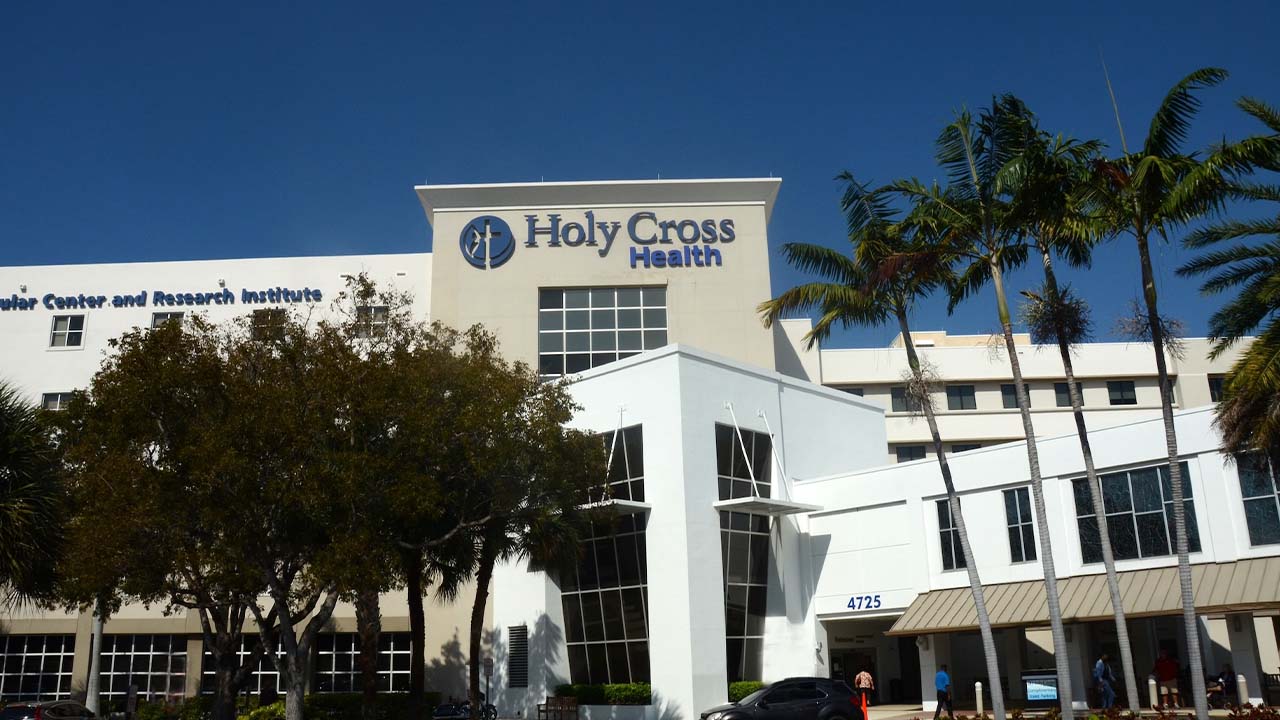By Ariel Bentata
As the coronavirus rapidly spreads across the world, we are all focused on social distancing and good hygiene, while many of us are also concerned about paying our bills.

We obsess over news of overwhelmed hospitals and potential treatments. These are critical issues that should consume us, but we are losing a tremendous opportunity to focus on core sources of the problem, including our long-term physical and financial health.
Some of the reasons we are losing the battle against coronavirus mirror the afflictions from which numerous people get sick and die from every year globally—we are overweight, hypertensive, asthmatic, diabetic or prediabetic, or have liver disease. We are making ourselves sick because of the high amount of grain and sugar we consume, and the extensive carbon dioxide and pollution that we breathe. These illnesses contribute to significant risk factors that make it far more likely we will die if infected by a virus like COVID-19.
Recent studies indicate that the vast majority of COVID-19 victims are mostly people who have pre-existing medical conditions. It makes sense that the majority of people who have succumbed to the virus are those 70 and above, whose bodies are not as strong as those who are younger, but even in older people, pre-existing medical conditions seem to be more of a determining factor.
An April report from the Centers for Disease Control and Prevention (CDC) indicates that for the 7,162 cases in which patients’ underlying health data were available, 71% of patients hospitalized with COVID-19 and 78% of those admitted to intensive care units had pre-existing medical conditions or risk factors. A New York City Health report stated that of 6,839 deaths, 5,151 had pre-existing medical conditions.
For other illnesses, pre-existing medical conditions play a similar role. In the 2018-2019 flu season, 47% of those who perished had heart disease, while 30% had diabetes. What’s more, in the U.S. in 2016, 16 million people who entered the emergency room had diabetes. Today, almost one third of all Americans suffer from high blood pressure, 31% are obese and 11% have diabetes.
The repercussions of health issues
So, what exactly is causing the elevated level of pre-existing medical conditions in the world’s population?
One cause of the problem is the high amount of sugar- and grain-intensive food we consume, especially here in the U.S. According to Pew Research, Americans get nearly half of their calories from eating flours and grains (581 calories, or 23.4%) and fats and oils (575, or 23.2%). We also ingest 57 pounds of added sugar per year, often without even knowing it, through things like corn syrup, malt syrup and dextrose.
Most processed supermarket products have some level of sugar or refined grain. Even meat, poultry and milk from factory-farmed animals have some levels of grain that are full of inflammatory omega 6, hormones and antibiotics. Our cows and chickens are eating grain rather than grass and worms, which contain omega 3, antioxidants, valuable minerals and other nutrients.
In addition, many products are full of pesticides, hormones, fertilizer and antibiotics, which hurt our digestive system and ability to absorb nutrients and fight disease. We dispose of so much plastic in our rivers and oceans that it’s almost impossible to consume fish or drink water without adding plastics to our diets. In addition, high carbon levels are polluting the atmosphere and increasing the likelihood that we will develop respiratory problems.
Economic struggle exacerbates these problems
Financial sickness is also prevalent. In a recent study by Bankrate, 40% of Americans were reported to not have the means to pay for a $1,000 emergency expense. This is an alarming statistic. Furthermore, according to a GOBankingRates study, 69% of Americans have less than $1,000 in savings. Motley Fool also found that of the 79% of Americans whose employers offer them a 401(k), only 41% opt to participate.
Saving money is not easy for Americans making minimum wage and spending most of their income on housing and healthcare. Consequently, this has led many to max out their credit limits in order to get by. Surely this has contributed to the growth of the economy, but it is unsustainable without robust government plans for a safety net for all Americans.
While this has long been the case, the coronavirus has brought further light to the fact that tens of millions of Americans are ineligible for unemployment insurance and live in a limbo of self-employment, gig work, low wages or temporary employment.
Most food workers are not paid to stay home when they are sick, often facing the choice to expose coworkers and guests to illness or forgo a paycheck. The correlation between low income and physical health is palpable. Most lower-wage American workers simply do not have the means to maintain a healthy diet, pay for health insurance and set aside funds for a savings account.
Working toward solutions
While these long-simmering issues have worsened over time, the coronavirus has thrown them into sharp focus. While there is no silver-bullet solution, progress requires a multi-pronged, coordinated approach from both individuals and the federal government.
At a high level, the government can take actions such as subsidizing the cost of fruits and vegetables, educating the public on healthy eating and improving food quality in schools. Other measures may include more disclosure on food labels, standardizing unemployment insurance and sick-leave benefits for all, and incentivizing savings. Increased government or employers’ contributions to 401(k) and other savings accounts should also be considered.
Individuals can strive to eat healthier foods including fruits and vegetables whenever possible, and seek out grass-fed meat and poultry. Sugary drinks, grain and processed food should generally be avoided. From a financial standpoint, while maintaining a healthy savings account is impossible for many, those who are able to save should put measures in place—such as maximizing 401(k) contributions – whenever possible.
While the correlations between income level, illness and lack of savings make this cycle difficult to overcome, we must work together to move toward a more physically and financially healthy reality as we emerge from the COVID-19 pandemic.
Ariel Bentata is founding and managing partner, Investments of Accesso, a commercial real estate investment manager, owner and operator based in Hallandale Beach. Accesso owns, manages and invests in commercial real estate office properties throughout the country. He may be reached at ariel@accessopartners.com.













